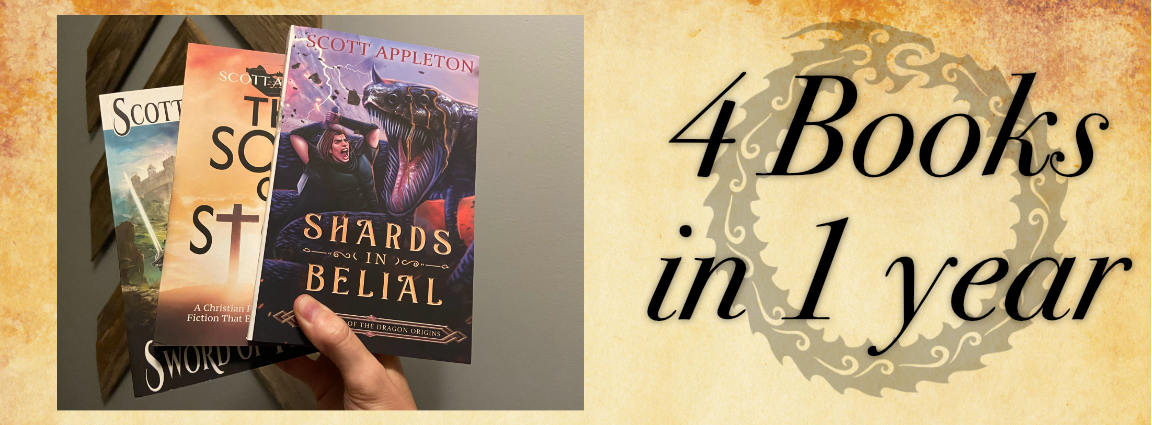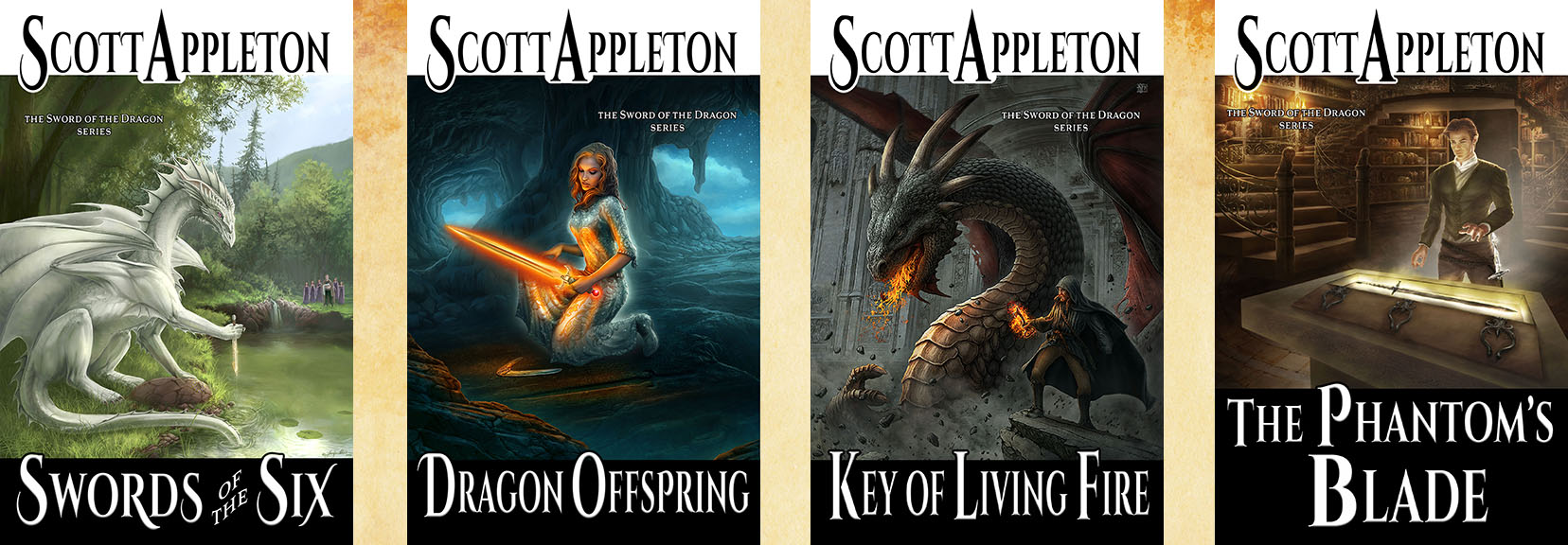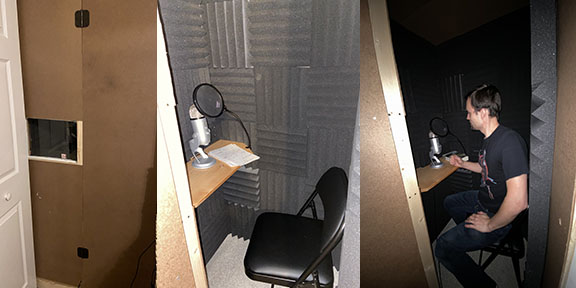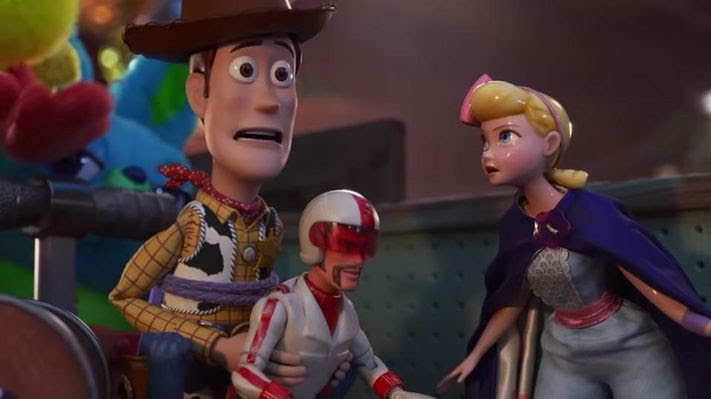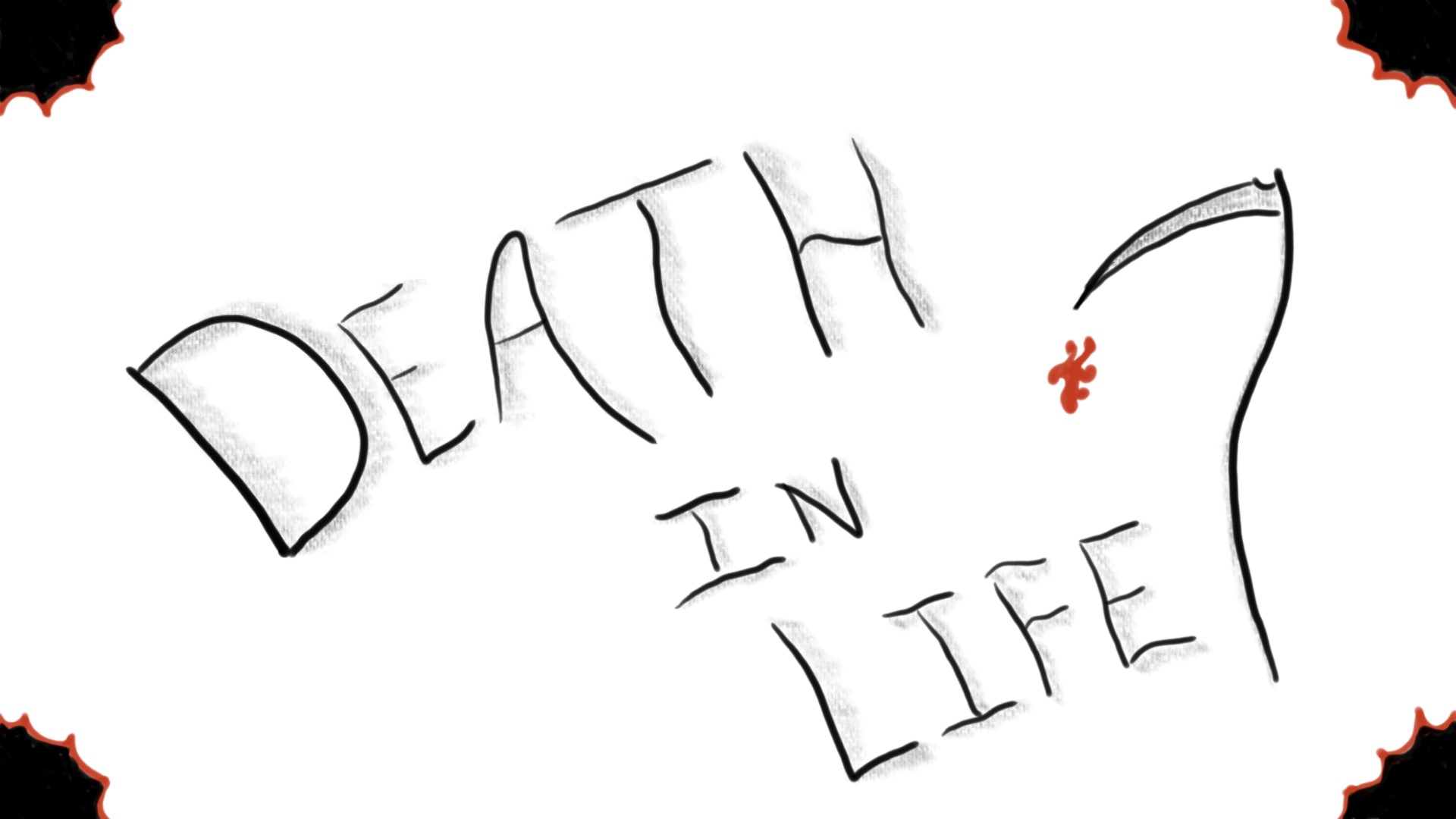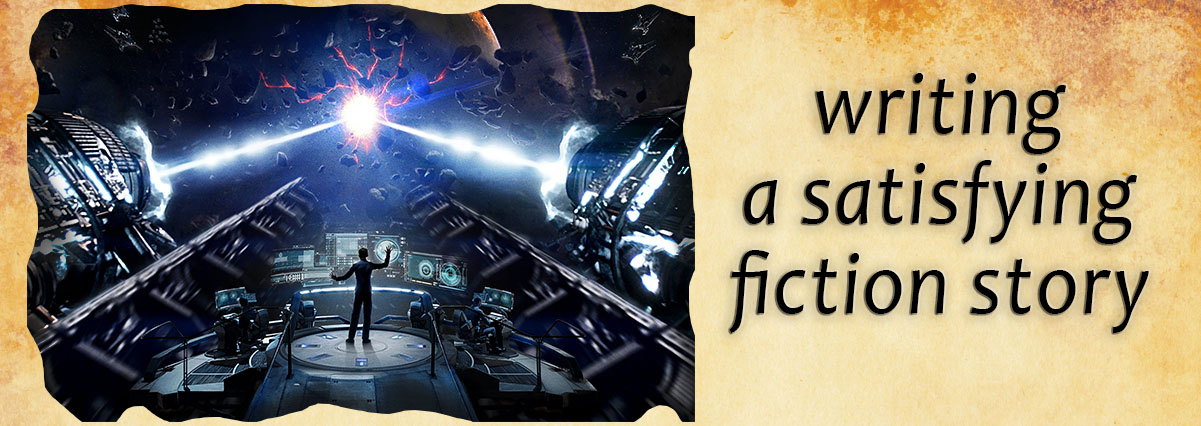How to publish 4 books + 1 audiobook in one year
For years now, I have batted around the challenging prospect of upping my writing productivity. What would happen if I could publish two or more books every year? It’s a huge challenge, mostly due to the other commitments that I have in my life that are not writing-related! But, since September of 2021, I have published four books. This is a milestone, and the challenge for me is how to make that consistent.
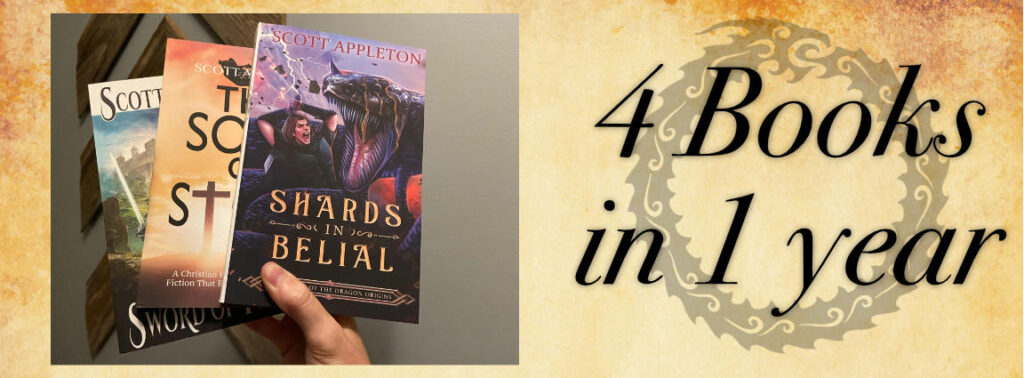
Like most writers, I hold a day job that supports my family. I have a wife and five children, and our life is a constant shuffle of priorities. The number one priority for me is legacy, and my family is a big part of that. I want to raise children whom I enjoy, and who love God unabashedly. My writing needs to come second to them, because if it doesn’t then the creative well that I rely on will be spiritually dead. And of what good is a dry well of creativity to thirsty readers who don’t want stories that bore them until they snap the book shut?
I was inspired to push myself in publishing more titles by listening to writers such as Kevin J. Anderson and Steven Higgs. They, among others, focus on telling the stories they love. They are experts at ignoring their inner critic, and at not worrying about how their stories will be received. They simply enjoy the process, and I desire to have that same attitude.
My first step to releasing four books in a year was publishing the long-awaited fantasy epic and fifth book in The Sword of the Dragon series. This was accomplished in September 2021, and the readers’ reception has been stellar! I am truly humbled by how well that series resonates with the fans.
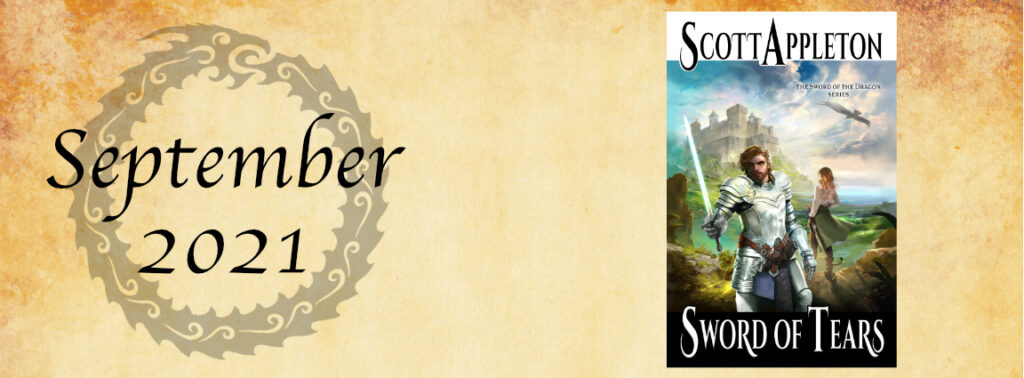
But the next steps were the most challenging, because I wanted to release my first non-fiction book and also another epic fantasy novel.
Using a combination of dictation through Word 365 on my iPhone (I know, it’s a bit weird, but it was effective) and typing up other content on my Freewrite Traveler, and the Macbook Air, I was able to finish and release The Soul of Story in January of this year. It was the first book that reached profitability in its first week after release!
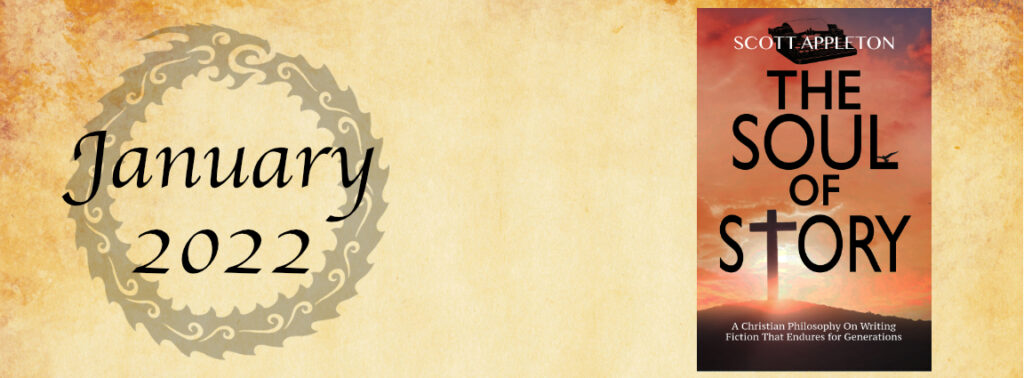
I hired David Moody to redesign/update my website, and a big part of that was to have a New “reader magnet” that subscribers would receive when they signed onto my email list. This was a huge challenge at first, because I had started writing my next fantasy epic and didn’t want to distract too much time from working on it. So again I turned to dictation, and remarkably was able to write and edit an original novelette 10,000-words long, then published that as the reader magnet. I am thrilled with the result, the book The Swordmaster’s Glory.
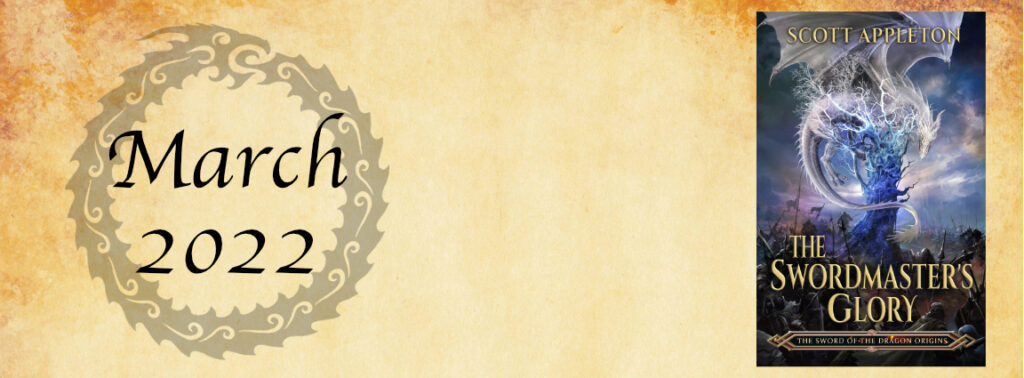
For the last project in this year’s bonanza, I wanted to start the prequel series to The Sword of the Dragon series. I thought the end product would run a modest 80,000-words. Instead, Shards in Belial (The Sword of the Dragon Origins book 1) clocked in at 110,000-words. I used a combination of dictation and typing to achieve this rapid release. And, again, I’m thrilled with the result.
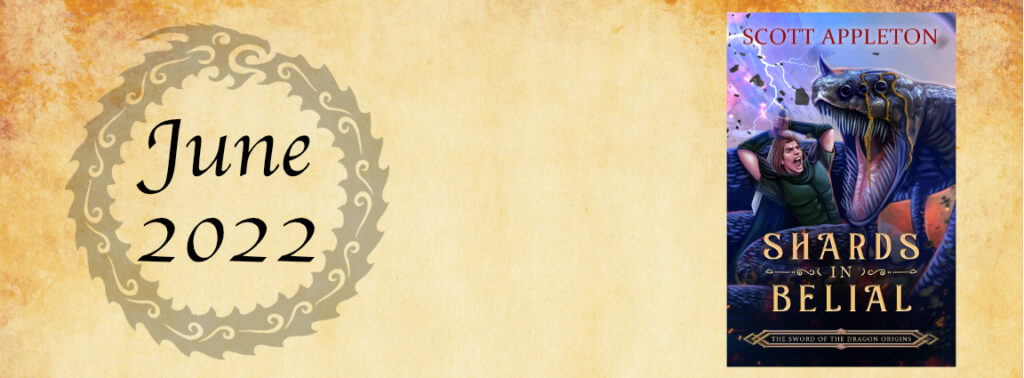
During this time I also recorded and published The Soul of Story in audiobook format. Granted, it was a shorter audiobook, but this is the second title to get the audio treatment.
I’m no expert at dictation. Not at this point in time. But I am learning it’s faster than typing, and I intend to get a lot more efficient at it. Right now, I run into the problem of external noises interrupting my dictation sessions. I cannot simply step outside on my lunch break at my day job and dictate into my Airpods, because external interference confuses the dictation software and makes the editing a nightmare afterwards. After some research, I found the answer to my dictation challenge is a piece of hardware. A particular microphone that will only pick up my voice and eliminates everything else: the SpeechWare FlexyMike and USB adapter… But it’s not cheap, so it goes on the top of my next hardware to-purchase list. A couple years ago I invested in the Freewrite Traveler, and that has paid off by tripling my word-counts.
Four books represents a lot of writing in one year… a lot of work… but progress is addicting. My final goal is to publish my juvenile illustrated chapter book Father Mouse before September this year. If that is accomplished, it’s a fifth notch in titles published in a single year!
Somehow, I doubt I’ll be able to match this next year… but maybe God has greater plans.
Q: What have you challenged yourself to accomplish this year?
